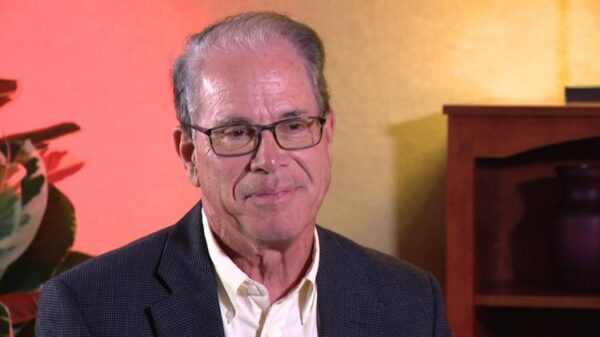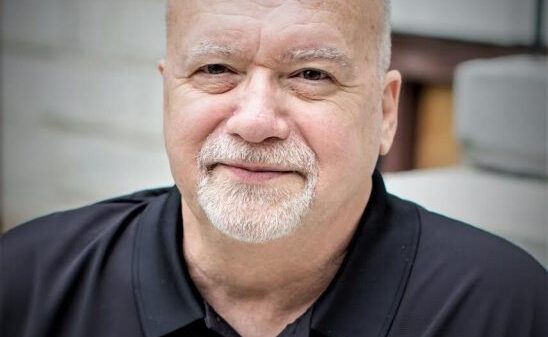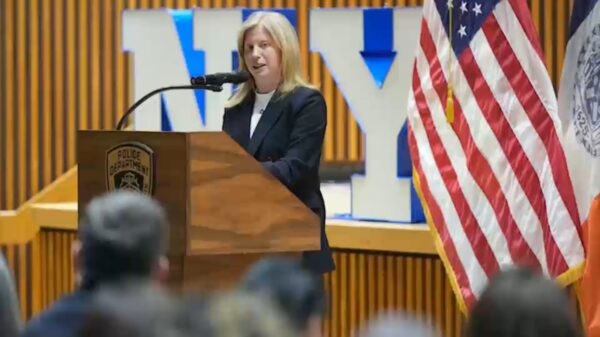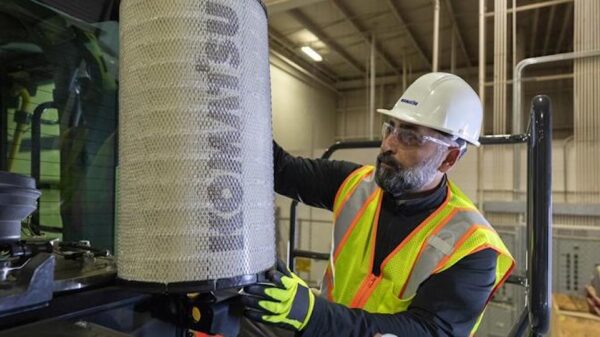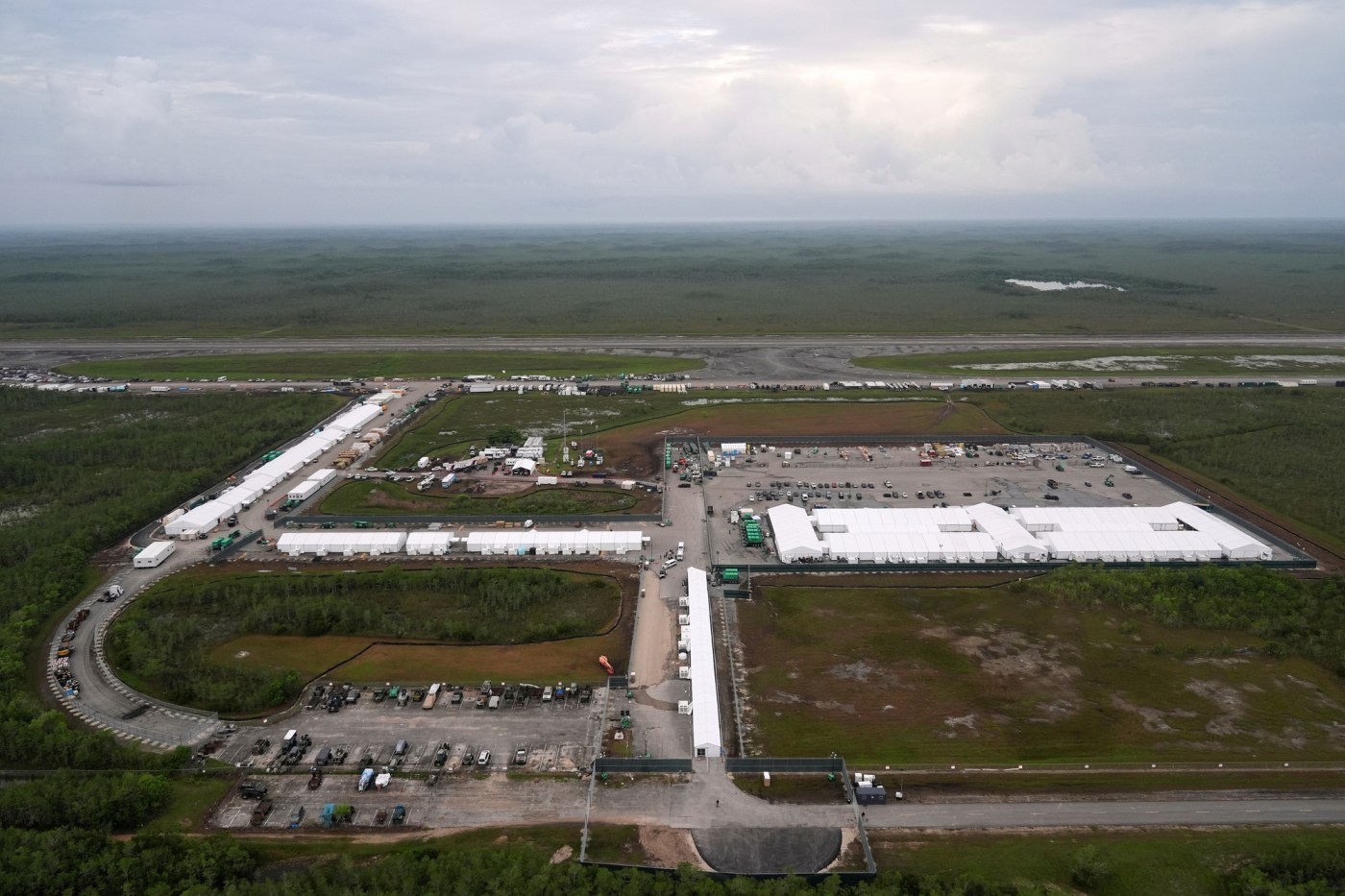UPDATE: A federal judge has just issued a preliminary injunction halting the expansion of an immigration detention center in the Florida Everglades, a facility criticized for its environmental violations and dubbed “Alligator Alcatraz.” The ruling, delivered by U.S. District Judge Kathleen Williams on Thursday, formalizes an earlier temporary halt, as testimonies continue in a multiday hearing to assess the facility’s future.
This ruling is critical as it underscores the ongoing clash between immigration enforcement and environmental protection. The state of Florida immediately filed a notice of appeal, indicating the dispute is far from over. “The deportations will continue until morale improves,” commented DeSantis spokesman Alex Lanfranconi, highlighting the administration’s defiance even after the ruling.
Judge Williams stated that the population of the detention center is expected to decline within 60 days, as detainees are transferred to other facilities. Once this occurs, she mandated that fencing, lighting, and generators be dismantled. Importantly, no new detainees can be added, except for those already held at the center.
The judge’s order allows modifications only for safety and environmental risk mitigation, directly addressing concerns raised by environmental groups and the Miccosukee Tribe. Williams criticized state officials for failing to justify the facility’s location in the delicate Everglades ecosystem, stating, “What is apparent… is that in their haste to construct the detention camp, the State did not consider alternative locations.”
This decision is celebrated as a significant victory for environmental activists. Eve Samples, executive director of Friends of the Everglades, asserted, “It sends a clear message that environmental laws must be respected by leaders at the highest levels of our government.” Similarly, Miccosukee Tribe Chairman Talbert Cypress vowed to continue fighting for their rights and the preservation of the Everglades.
The detention center, hastily constructed at a training airport, was designed to hold up to 3,000 detainees. Reports from within the facility describe deplorable conditions, including inadequate sanitation, pest infestations, and lack of medical care. Detainees have complained about food quality and living conditions, which starkly contrast with the environmental integrity of the surrounding Everglades.
Judge Williams referenced the decades-long efforts to protect this unique ecosystem, emphasizing that her order aligns with the promises made by political leaders to restore and conserve the Everglades. “This order does nothing more than uphold the basic requirements of legislation designed to fulfill those promises,” she stated in her 82-page order.
As the state and federal defendants prepare to respond to the ruling, attention now turns to the implications for future immigration policies in Florida. Governor Ron DeSantis’ administration had plans for a second detention center at a National Guard training site in northern Florida, raising further questions about the state’s commitment to environmental standards amidst expanding immigration enforcement.
The fallout from the judge’s ruling is expected to unfold rapidly, with environmental advocates and human rights organizations closely monitoring the situation. As developments emerge, the urgency to protect the Everglades and the rights of detainees remains paramount. Stay tuned for updates on this critical issue affecting both the environment and the lives of countless individuals.








